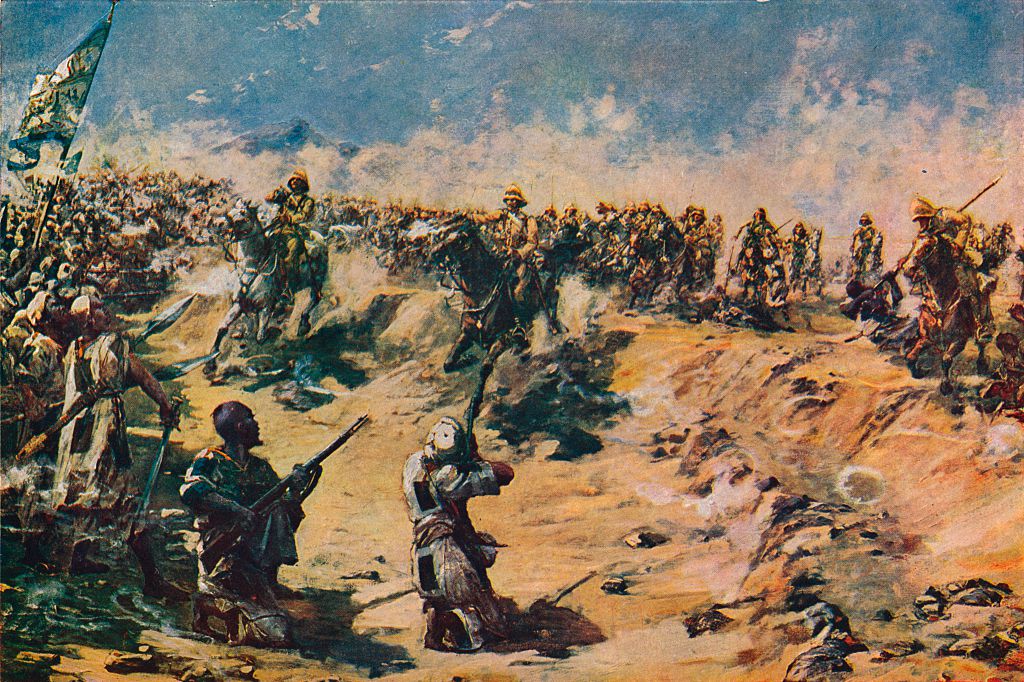
Museum officials from Sudan are calling for the repatriation of cultural artifacts and human remains that were stolen by British soldiers and other colonizers in the late 19th century.
Many of the items in question were taken as trophies after the Battle of Omdurman in 1898, when British and Egyptian forces used advanced equipment, including artillery and machine guns, to crush their Sudanese opponents. This hoard included clothing and armor currently held in the Royal Armories collection and a banner now owned by Durham University’s Palace Green Library. The most controversial items requested are two skulls taken from the battlefield by the explorers Reginald Koettlitz and Henry Wellcome and now kept at the Anatomical Museum in Edinburgh.
Speaking to the importance of their return, the director of conservation at the National Corporation for Antiquities and Museums (NCAM), Eglal el-Malik, told the Guardian, “these people are our brothers, our heroes. They unified and defended our country. It is a very special story of resistance to imperialism. Their descendants should see this all here.”
The officials have proposed that the objects, once returned, could be displayed at Khalifa House in Omdurman, a community museum which already has several rooms dedicated to the battle. It is expected to reopen soon, following a period of restoration paid for by a British Council grant.
The Anatomical Museum has received no formal request yet for the return of the skulls, according to the Guardian. A spokesperson for Durham University told Artnet News that it is already working closely with the NCAM to fulfill several loan requests, but has not yet received any request for the banner in question.
El-Malik also stated that the U.K. institutions she has worked with have been “very helpful on the whole” and indicated that there were some security concerns to be addressed before the items can be safely returned. “The reality is we have so many difficulties [in Sudan]”, she said. “It would be great if we had all these things back now but [they are] in a good situation where [they are] and so many people see [them]. So, we have to be reasonable.”
This latest call comes amid a growing wave of restitution requests made to Britain and Europe, as repatriation becomes a major consideration for the future of museum collections. One of the longest-standing debates has been over whether the U.K. should return the Parthenon Marbles to Greece, the subject of a demonstration outside the British Museum over the weekend. The museum’s chairman, George Osborne, suggested earlier this month that the two countries could potentially share custody of the priceless marbles.